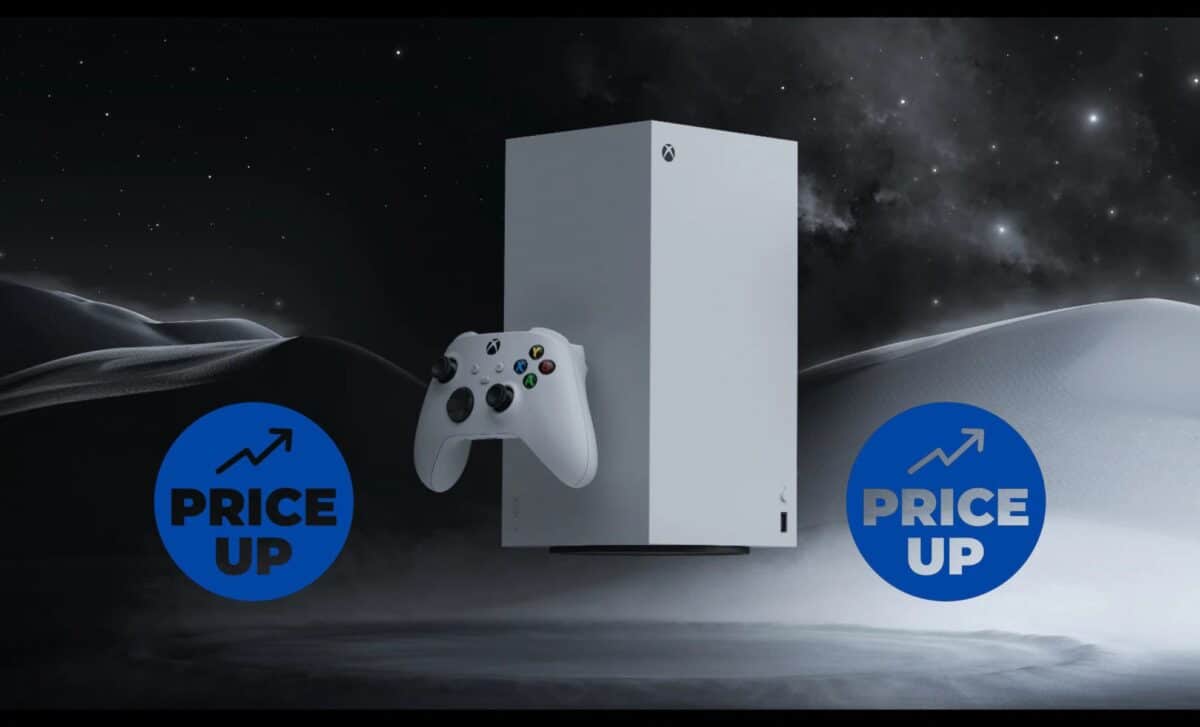The global video games market is facing mounting pressure as new US trade tariffs begin to reshape industry pricing structures.
Under measures introduced by former president Donald Trump, gaming consoles and accessories imported from China are now subject to duties as high as 145 percent.
These policy shifts are already rippling across the market, with major players such as Microsoft, Nintendo and Sony responding with either price hikes or operational adjustments. Industry analysts suggest these moves could have lasting implications for consumers and manufacturers alike.
Console Prices Rise as Trade Costs Mount
Microsoft has significantly increased prices for its flagship Xbox consoles, citing “market conditions and the rising cost of development.”
According to CNBC, the Xbox Series S (512GB) now retails at $379.99, up from $299.99, while the Series X has climbed to $599.99 from $499.99. Prices for accessories have also been revised, with the Xbox Wireless Controller special edition rising by $10.
The company has not explicitly named tariffs in its statement, though industry observers link the changes directly to ongoing trade restrictions. Christopher Dring, editor of Game Business, told the BBC that tariffs are “certainly” part of Microsoft’s motivation, particularly due to the heavy reliance on Chinese components.
Other companies are also making adjustments. Nintendo has delayed pre-orders for the upcoming Switch 2 in the United States, stating in a press release that it needed time to “assess the potential impact of tariffs and evolving market conditions.”
While the console is still expected to release in early June at a price of $449.99, Nintendo has warned of further possible price changes for accessories.
Broader Implications for Gaming Industry and Consumers
According to an internal memo seen by Nikkei Asia, the bulk of Nintendo’s console production still takes place in China, making it vulnerable to the full impact of the 145 percent import duty.
While the company has shifted some manufacturing to Vietnam, analysts such as Hideki Yasuda of Toyo Securities argue that this move is unlikely to shield all products from cost increases.
Meanwhile, Sony has already raised PS5 prices in Europe and other regions, citing a “challenging economic environment.” Though the company has not yet increased prices in the US, market experts anticipate similar adjustments could follow, given the shared exposure to Chinese manufacturing.
Mat Piscatella of Circana told Yahoo Finance that tariffs could significantly reduce projected growth in US video game spending this year, even causing a possible decline depending on the scale of implementation. The Entertainment Software Association echoed this concern, warning of “real and detrimental impact” on the broader ecosystem.









